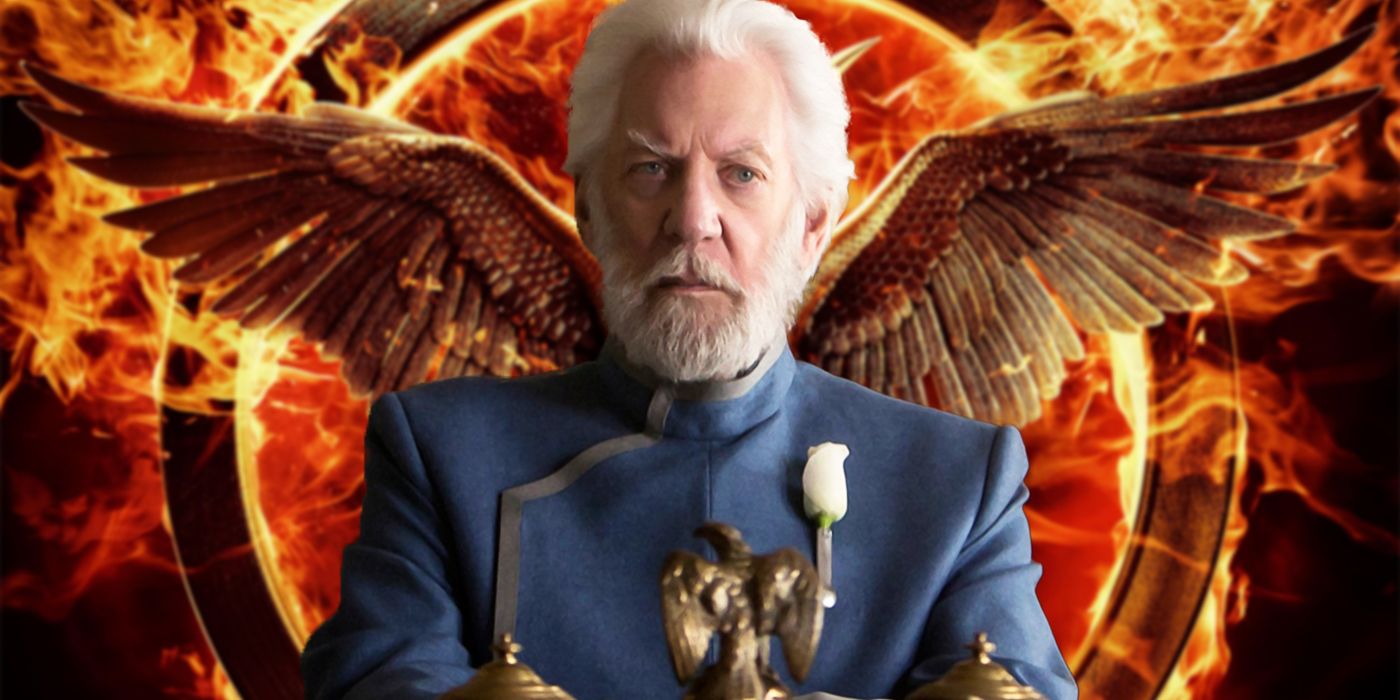The hugely popular young adult franchise The Hunger Games is a coming-of-age story about Katniss Everdeen and her role in a rebellion against an oppressive regime. The original book trilogy written by Suzanne Collins helped to kick off a massive boom in dystopian young adult content in both novels and films, which centered on teenagers facing off against authoritarian regimes and fighting for individuality. The books are rich with details and world-building, especially regarding the Games themselves.
The Hunger Games introduces the concept of the titular event, which is used to create fear and inspire obedience from the Districts toward their Capitol leaders. By the time Katniss and Peeta become the first duel victors of the games, there is at least one living male and female victor from each of the 12 Districts, allowing for a horrifying new development the following year. They win the 74th Annual Hunger Games, which means that the following year is a very special edition of the Games known as a Quarter Quell.
What Is a Quarter Quell?
The Hunger Games are already a sadistic tactic used by an authoritarian regime to maintain power over its citizens, but every quarter century, the Capitol ups the stakes. When the first Gamemakers initially laid out the rules of the Games, they allegedly also wrote out a series of special event versions of the event that would take place every 25 years. These special events are referred to as a Quarter Quell. The Quarter Quells are an opportunity for the Capitol to expand the scope of the Games and inflict fresh levels of torture against the child tributes, reestablishing its control for each new generation. While there isn't undeniable proof, Katniss and the reader are led to believe that the President and the Gamemakers use the Quarter Quells as an opportunity to push their own agenda and that the actual parameters of the event weren't actually written out at the beginning of the Games.
Before the Quarter Quell in The Hunger Games: Catching Fire, there were two others. The 25th Hunger Games forced the Districts to vote on their tributes instead of them being randomly selected. The Capitol explained that the reason for this particular atrocity was to remind the Districts of their responsibility for the inception of the Games, and they were responsible for the continual ritualistic killing of their children. The 50th Games were actually won by Katniss and Peeta's mentor, Haymitch Abernathy. That year, the number of tributes doubled when the Districts were forced to send two boys and two girls each into the arena. The Capitol's message was to remind the Districts that during the rebellion, two rebels died for every death in the Capitol.
What Is Unique About the 75th Annual Hunger Games?
The 75th Annual Hunger Games were another Quarter Quell and are showcased in The Hunger Games: Catching Fire. Again, the Capitol used the concept of this special edition of the Games to further its own agenda. President Snow was particularly affronted by the double suicide stunt that Katniss and Peeta used to survive their games the year before. Thus, Snow decided they must be eliminated, and he manipulated the Quarter Quell event to send them back into the arena. In a deleted scene from the film, aptly titled "Switching Envelopes," Plutarch is shown swapping the envelopes that contain the instructions for the 75th Hunger Games, likely on Snow's orders. The films don't have the luxury of Katniss' inner monologue, where her suspicions of Snow's involvement in this unique development are clearly laid out.
This ultimately backfires on Snow when a group of victors and Capitol double agents sabotage the event. In a way, Snow got what he wanted because he succeeded in eliminating the special status that victors maintained after surviving their Hunger Games; however, it was certainly not the way he intended. There was no winner of the 75th Hunger Games, which would also serve as the final installment of the Games. The third Quarter Quell is significant not only because of the unique rules of the event but because it signaled a radical change in the social and political climate of Panem.



